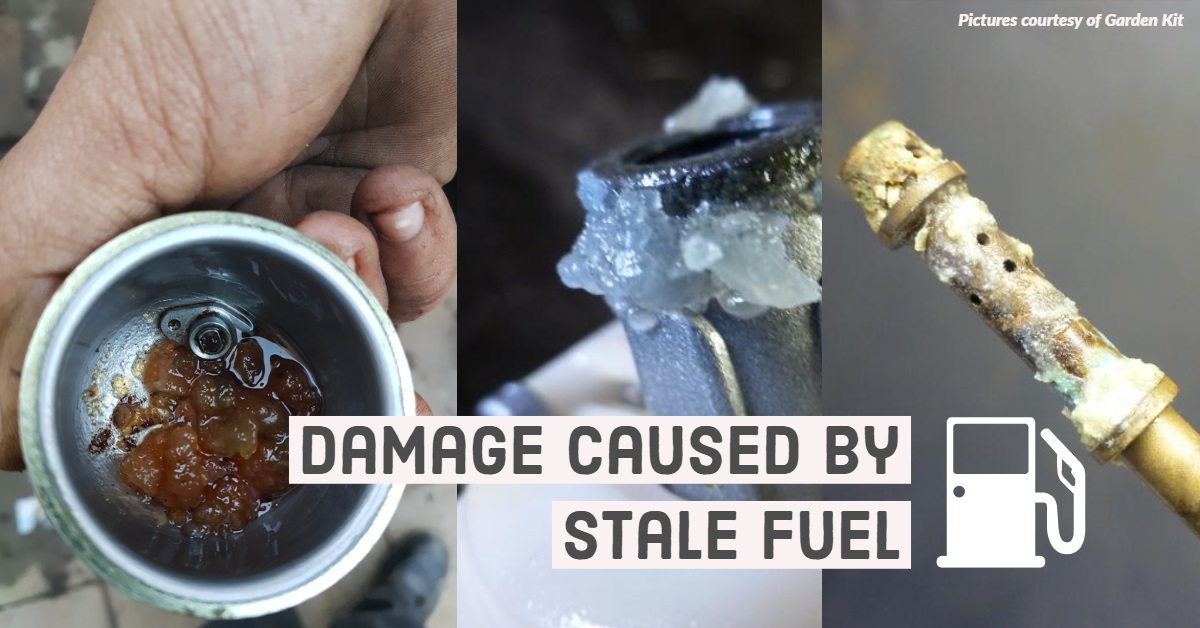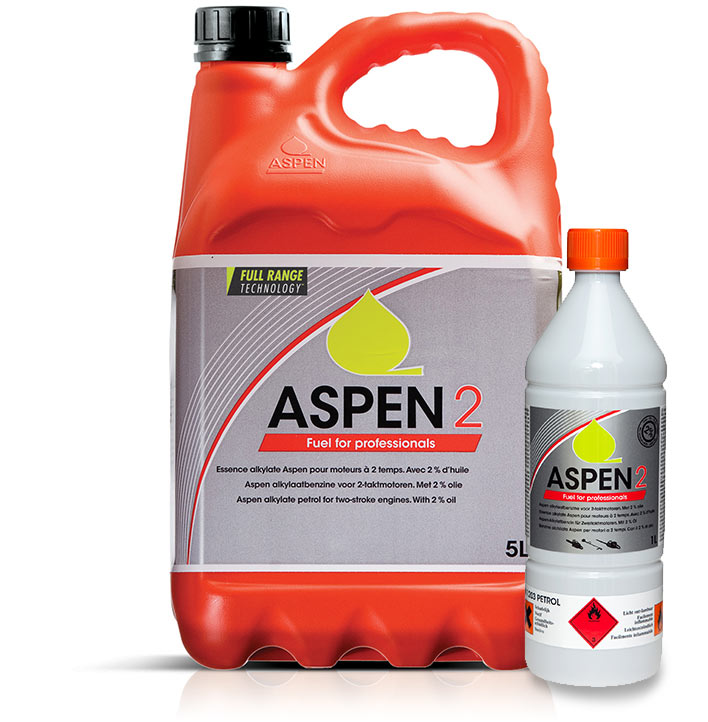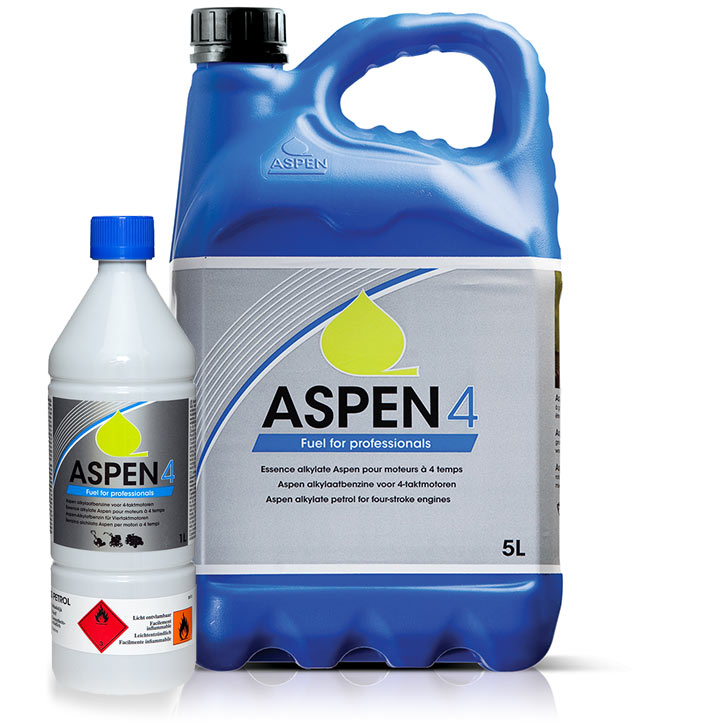
From 1st september 2021 the ethanol content found in the standard grade 95 octane unleaded petrol will change from 5% (E5) to 10% (E10) and will cause the problems found with E5 petrol to happen much faster
What is ethanol & why is it in petrol?
Ethanol is an alcohol derived from plant materials. It has become one of the key players in the biofuel industry as it’s made from crops or waste by-products and is therefore renewable. The process to develop crops into ethanol is relatively simple, the production is considerably cheaper than other fuel sources and can help to produce cleaner exhaust emissions from vehicles.
Because of this, the UK government introduced financial incentives for suppliers of petrol to use a percentage of ethanol in their blends.
It is estimated that the switch from E5 to E10 petrol will have the same emissions benefits as removing 750,000 cars of the roads
How does ethanol affect the performance of petrol?
There are pros and cons of using ethanol in various blends, but in terms of performance, 3 things stand out:
- Ethanol is a great oxygenate which helps to give a cleaner burning fuel and increase power from the engine if fuelling can be adjusted to suit. E85 (85% ethanol, 15% petrol) is often used in motor sport for this reason.
- Ethanol contains less energy than regular petrol so as you increase the level of ethanol. Fuel consumption will increase.
- Ethanol is aggressive to fuel system components and will absorb moisture from the atmosphere which can cause issues that are mainly seen in engines fitted with a carburettor (vented fuel systems).
As a rule of thumb, most vehicles produced since 2002 are ok to use E10 fuel and all cars produced after 2011 had to be E10 compatible.
You can check the compatibility of your vehicle on the government website:
Modern cars have a sealed fuel injection system which means the atmosphere cannot oxidise the fuel at the same rate. Cars also have sophisticated fuelling systems which can compensate for the different qualities of fuel, whereas the small machinery only has one setting and relies on the fuel quality being consistent.





How does ethanol in petrol affect garden machinery?
Whilst using fresh fuel containing ethanol is unlikely to cause any performance issues with your garden machinery, in reality, it is very rare that fresh fuel is always used. Although most garden machinery uses small volumes of fuel, it is more practical for the operator to purchase their fuel in bulk. Can you remember when you last filled up the can of fuel which is in your shed? Most manufacturers state fresh fuel should be less than 30 days old and kept in a sealed container.

Solutions
Use ethanol-free fuel such as Aspen and you will also benefit from reducing toxic emissions and not needing to mix 2-stroke fuel.
If you continue to use regular pump fuel, always keep your fuel fresh, never buy supermarket fuel (this seems to cause more problems) and never use fuel over 30 days old – whether in the fuel tank or from a storage container.


